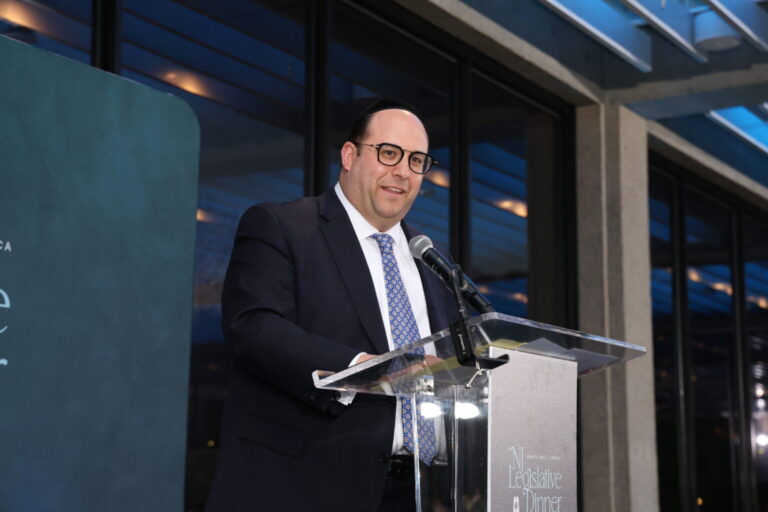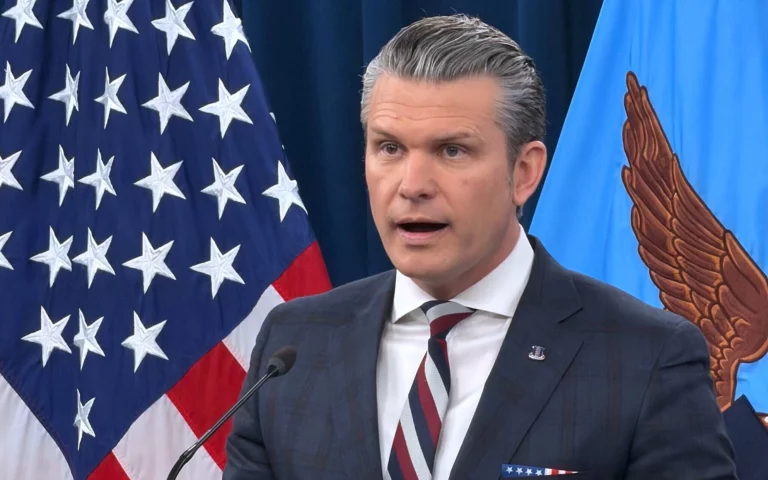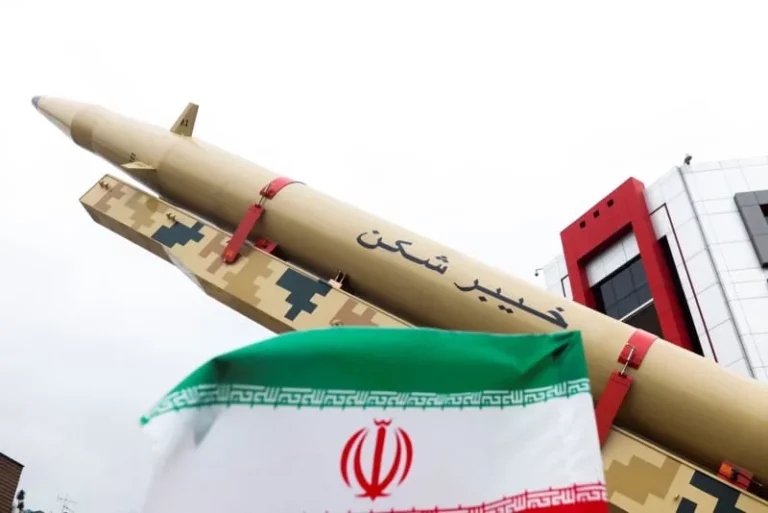Vayeishev Yaakov b’eretz megurei aviv (37:1)
After emerging triumphant from his struggles against his wicked father-in-law Lavan and his brother Eisav, Yaakov returned to Canaan to settle in his homeland. In his commentary on our verse, Rashi notes that the Torah uses the expression “settle,” which connotes permanence, instead of the more temporary “sojourn.” Rashi explains that the Torah deliberately used this phrase to teach that after his lengthy exile, Yaakov desired to finally settle down and live in tranquility. Hashem rejected Yaakov’s request, maintaining that in light of the tremendous reward waiting for the righteous in the World to Come, it is inappropriate for them to seek comfort in this world as well. As a result, Yaakov’s suffering continues as the parsha unfolds with the kidnapping of his beloved son Yosef.
It is difficult to understand the error in Yaakov’s reasoning. If he sought a bit of peaceful tranquility after the recent emotional roller coaster he had experienced, it could only have been for the purpose of allowing him to focus his time and energy on properly serving Hashem. If so, why did Hashem reject Yaakov’s request, which was rooted in his desire for greater spirituality?
The Brisker Rav answers that while this question seems logical, it is actually based on a false premise. People assume that the ideal situation is one in which they have no distractions so that they can completely focus on serving Hashem with all of their time and resources. In reality, Hashem specifically prefers that people serve Him despite all of their difficulties and preoccupations, as this makes their efforts to serve Him that much more valuable and praiseworthy.
The Mishnah in Avos (2:4) teaches that a person shouldn’t say, “I will study when I have free time,” because he may never find himself with free time. However, in line with our thesis, the Brisker Rav suggested that it can be reinterpreted it as follows: A person shouldn’t say, “I will learn when I have free time,” because perhaps Hashem desires the Torah that he studies precisely when he has no free time.
With this understanding of the value of mitzvos performed under sub-par conditions, we can appreciate the following story. One year during the Rosh Hashana prayers, the Kotzker Rebbe announced to his Chassidim that he knows exactly what they are all praying for. To their astonishment, he proceeded to explain that they were begging Hashem to give them less parnassa (income), which would leave them with fewer business obligations and more time to study Torah. However, their collective wonder at his apparently prophetic knowledge was quickly dashed, as he continued to inform them of Hashem’s response to their entreaties. Hashem rejected their requests because He specifically prefers the Torah that they struggle to learn in spite of all of their distractions and difficulties.
We live in a society which constantly develops new technological gadgets which promise to save us valuable time. Yet the demands we each face in our individual lives – from family, work, and play – seem to only increase with each passing day. At the times when we feel that we would gladly make time for G-d if only He would give us a few moments to catch our breaths, we should remind ourselves that it is specifically the Torah we study and the mitzvos we perform at these pressured moments that give Hashem unparalleled pleasure and pride.
Ki im z’chartani it’cha ka’asher yitav lach v’asisa na imadi chased v’hizkartani el Paroh v’hotzeisani min habayis hazeh (40:14)
While in jail, Pharaoh’s cupbearer had a dream in which he pressed grapes into Pharaoh’s cup. After listening to the dream, Yosef told him that his dream meant that he would be returned to his original position of serving Pharaoh in three days, which indeed came to pass. However, after Yosef finished interpreting the dream, he additionally requested that the cupbearer, upon being released from prison, remember his kindness and intercede with Pharaoh to help secure his release. If the cupbearer only asked Yosef to interpret his perplexing dream, why did Yosef add on a personal request which seemingly had nothing do with the actual meaning of the dream?
Rav Chaim Soloveitchik answered based on a fascinating historical incident. After one of Napoleon’s hard-fought military victories, he decided to make a grand celebration. Numerous orators came to speak in lavish praise of his greatness, but he found none of their speeches satisfactory and requested that a Jewish Rabbi be brought to address the gathering. Napoleon’s royal coach was sent to a small neighboring village in search of the closest Rabbi. The Rav of the community was delivered to the grand celebration, where he was requested to deliver an appropriate speech in honor of the special occasion. After providing the necessary background information so that those present could understand, the Rav continued by asking the aforementioned question: why did Yosef insert his personal needs into his interpretation of the cupbearer’s dream?
The Rav explained that in the normal affairs of a country, a private citizen may be arrested and brought to trial for even a relatively small offense. Even if he is convicted, he will hold out hope for a successful appeal. On the other hand, a minister to the king will be able to get away with minor offenses since the courts will turn a blind eye to an esteemed officer of the king. However, if they elect to prosecute him, the charges against him must be grave. If he is convicted, his odds for appealing and being released are slim to none. Even in the rare case that he obtains his freedom, he will certainly never entertain any hope of being returned to his lofty position.
Knowing all of this, the cupbearer was surely floored to hear Yosef’s prognosis that he would be freed in only three days time without even filing an appeal. Not only would he be released, but Yosef claimed that he would be returned to his position as Pharaoh’s royal cupbearer. He could hardly believe his ears and was surely so happy to hear of his imminent freedom that he would have happily relinquished the position which originally brought about his imprisonment.
Rav Akiva Eiger explains that Yosef assured the cupbearer that although the entire episode made no logical sense, it was all part of a larger Divine plan for the Jewish people, a nation which has always defied the laws of nature. In light of this, an integral component of Yosef’s apparently counterintuitive interpretation of the dream was to inform the cupbearer precisely why this bizarre turn of events was occurring: ëé àí æëøúðé àúê – the entire episode was merely one small part of Hashem’s master plan to bring about Yosef’s release from prison.
The Rabbi concluded by noting that Napoleon had similarly enjoyed miraculous military and political success in his rise to power. Even the fact that he already ruled over wealthy and advanced Western Europe and nevertheless showed interest in poverty-stricken, antiquated Eastern Europe defies logic. The Rav suggested that this unnatural turn of events could only be explained by realizing that Napoleon was good to Jews wherever he went, granting them religious freedom and equal rights. As a result, Hashem extended his conquests so that he would see the plight of the Jews in Eastern Europe and work to improve their conditions, a conclusion which found favor in Napoleon’s eyes.
Answers to the weekly Points to Ponder are now available!
To receive the full version with answers email the author at [email protected].
Parsha Points to Ponder (and sources which discuss them):
1) The Tosefos HaShaleim points out that every verse in Parshas Vayeishev begins with the letter “vov” except for eight. Which book of Tanach shares the unusual characteristic that each verse in the entire book begins with å except for eight, and what is the connection between that book and Parshas Vayeishev? (Tosefos HaShaleim, Torah L’Daas Vol. 9)
2) After Yosef saw that relating his first dream, in which their sheaves bowed down to his, to his brothers increased their hatred toward him (37:8), why did he proceed to tell them his second dream, in which they again bowed down to him, instead of keeping it to himself? (Moshav Z’keinim, Ohr HaChaim HaKadosh)
3) Yaakov is traditionally associated with the attribute of truth (Micha 7:20), but where are his commitment and dedication to truth demonstrated throughout the numerous episodes from his life which are recounted in the Torah? (Tiferes Torah)
4) Rashi quotes (38:25) the Gemora in Sotah (10b) which derives from Tamar’s willingness to be killed rather than publicly shame Yehuda that a person should give up his life rather than publicly embarrass another person. If the other person gives him in advance permission to shame him, is he allowed to do so? (Kovetz Shiurim Bava Basra 49, Bishvilei HaParsha)
© 2011 by Oizer Alport.










